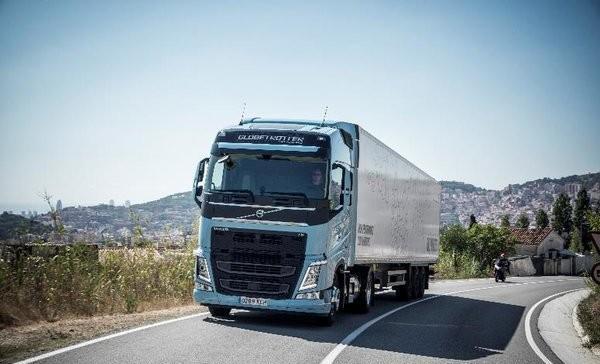For heavy-duty truck manufacturers to slow to recall vehicles and report casualties, Volvo will pay fines of up to $130 million, including $65 million upfront, and consent orders that will last for three years, which is "one of the largest fines ever imposed for violating the Vehicle Safety Act."

In 2015, Fiat Chrysler (FCA) was fined $105 million in civil penalties for inadequate recalls, and FCA agreed to buy back more than 500,000 defective Jeep brand SUVs. Hyundai Motor and Kia Motors were fined $210 million in civil penalties for failing to recall the vehicles in question. In the United States, car companies generally do not delay the recall action, and once it is determined that the recall is ineffective, the punishment is still very strict.
According to the website of the Defective Product Management Center, in 2022, Volvo conducted three recalls in the United States, all of which were commercial vehicles. Three recalls were carried out in the Chinese market, both for passenger cars and commercial trucks.
Due to the safety risks that GPS devices may be installed incorrectly, Volvo Bus is recalling some 2022 9700 buses in the United States.
Volvo Trucks North America is recalling some 2022-2023 VNRE vehicles due to the possibility that the coolant pipes in the high-pressure battery pack may not be fully seated and locked.
Volvo Trucks North America is recalling some 2023 Volvo VN vehicles due to a possible internal electrical short circuit in the engine control module (ECM).
In the Chinese market, Volvo recalled four imported FH tractors due to improper installation of exhaust gas collector clamps between the engine turbocharger and the composite turbine, which may cause the parking brake to be applied abnormally, which is a potential safety hazard. Also for commercial trucks, Volvo recalled 102 2021 FH tractors, FMX tractors and FMX chassis vehicles due to software programming issues with the body control unit.
Due to the internal short circuit of the power battery module cell in plug-in hybrid vehicles, the battery module may overheat when the power battery is in a high energy state, resulting in thermal runaway of the power battery in extreme cases, which is a potential safety hazard. Volvo recalled 1,379 imported XC90s for 2020 and 2021 models.
After entering 2023, Volvo issued a recall again, because one extra screw fell into the steering case, which may cause the steering gear to be blocked, and in extreme cases, the steering system will be locked, which is a potential safety hazard. Volvo announced that it has recalled some imported XC90 and V90CC.
Volvo has always been known for its safety and has many fans and followers. In the case of defects in the car, timely recall of the vehicle to solve the hidden danger, can reduce the occurrence of accidents, but also the greatest responsibility to consumers. Delaying the recall is not responsible.
In 2022, Volvo Cars' global sales reached 615121 units, down 12% year-on-year, of which the total sales in the Chinese market reached 162,000 units, and the sales of pure electric models were less than 3,000 units, which is a slap in the face for Volvo, which is committed to transforming electrification.
However, in the US market, Volvo Cars' sales reached 102038 units in 2022, down 16.5% year-on-year; 247413 vehicles were delivered in Europe, down 15.7% year-on-year. Looking ahead to the new year, Volvo Cars will release four new pure electric models in 2023, with three new market segments.
In the context of the electric vehicle market is unwilling and unable to open the door, Volvo decided to explore downward and launch a new small pure electric SUV, EX30 positioning is lower than Volvo XC40, will be based on Geely SEA vast architecture, may be equipped with smart Genie #1 the same motor, WLTP pure electric range may be about 440 kilometers, and strive to open the market with price for volume.